Three Sac-area high schools combine to build a rugby program they hope can compete with the big boys.
By JIM McCUE | SportStars
Northern California’s toughest secret society is also one of its most prosperous breeding grounds.
Rugby has been dominated by the region dating back to the 1920s when United States Olympic teams were represented by scores of young men from the Bay Area. As the sport has grown to the 25,000 youth players nationwide, Sacramento rugby has joined the Bay Area to form an impressive hotbed of youth and high school champions.
Northern California Youth Rugby Association (NCYRA) President Rob Salaber heads the largest state-based rugby organization in the nation. With nearly 5,000 players from ages 6 to 18, including high school varsity student-athletes, the NCYRA has grown 15 percent each year over the last few years to reach its current size.
And Salaber believes that the 60 clubs and 125 teams in the organization can continue to dominate the sport for years to come.
“The Bay Area and Northern California has always been the center of rugby, and there have been pockets of high school rugby in the region for years,” he said. “But since the NCYRA was established, high school programs have taken off due to the structure the organization provides. We have a synergy that can keep the region atop youth rugby in this country.”
Northern California has always been well represented at the national level. Jesuit High School in Carmichael has claimed four national titles since Redwood High School in the Bay Area captured the first-ever national high school crown in 1981. Scores of local players get noticed on high school and local club teams to earn scholarships to collegiate programs such as perennial powerhouse Cal-Berkeley.
While Jesuit has traditionally dominated the local scene in the past, new programs have emerged as national contenders, including Salaber’s Dixon High team which will represent Northern California this year at the USA National Championship Tournament in May. Additionally, high school rugby teams have been formed at more local high schools to allow for more diverse schedules and a larger pool of teams to create a legitimate high school playoff tournament.
One such program in its relative infancy is the Sacramento Eagles, a high school team that includes players from El Camino, Rio Americano, and Mira Loma High Schools. Formed just three years ago by Roy Brewer, the program has taken steps forward to become more competitive each season.
In the Eagles’ second season, John Riddering, a former All-American at California, took the coaching reins while Brewer continued to manage the team. In 2012, Mark Fuller, a 26-year rugby veteran who played collegiately at San Diego State, joined the program to assist Riddering with the coaching duties.
The trio of rugby aficionados has molded a young group of athletes with little to no rugby experience and knowledge into a team that knows its way around the pitch and can hold its own with the established programs around Sacramento.
“There is a relatively large learning curve for athletes that have never played rugby,” Fuller said. “Kids that have played football or baseball grasp the team concept, but it takes a lot of time and practice before they start understanding the dynamics of the sport and really getting it.”
Salaber echoed the notion that the rugby learning curve is steep.
“It’s not a simple sport to learn, so it varies greatly depending on the kids and coaches,” he said. “To fully understand the sport, it would take a real smart player and a real good coach about two years to get a firm grasp on rugby. But you can get a lot of kids out practicing for 2-3 weeks and they can have a general concept to play the game and get by.”
El Camino sophomore Quenton Hagen joined the Sacramento Eagles this season and has transitioned well from a linebacker on the football team to an outside/inside center on the rugby team. The different concepts and goals coupled with the constant running on the pitch was a challenge according to Hagen, but he has no regrets about joining the program.
“It was tough at first, especially going from football to rugby, but we have a fun group of guys to play with,” Hagen said. “The coaches have done a good job working with everyone and I think that I will like it even more when I play again next year.”
That a student-athlete unfamiliar with rugby would be so quick to commit to continuing to play the sport may seem to be rare, especially when so many athletes are specializing in a single sport. But the volume of kids coming back to rugby after giving it a try is no surprise to veterans of the sport.
“If you can stick with rugby for one month, you will be hooked for life,” Salaber said. “It is a great sport for kids to come out and get in shape and form great friendships.”
Beyond the friendships and opportunity to play rugby into adulthood, the Sacramento Eagles’ coaches seek to instill respect for the game.
“After a hard-fought game, you shake hands with your opponents and show respect to you teammates, officials, and coaches,” Fuller said. “There is no talking out on the field except to communicate with or encourage teammates and we want to teach kids to lead with their actions. Beyond teaching the sport, rugby lends itself to teaching life lessons.”
Life lessons and lifelong friends are commonplace in many sports, but ask a player about the rugby fraternity and you are likely to get a quick answer about the bonds created by their sport.
The local coaching community is a prime example of the bond of brotherhood formed through rugby. Fuller and Riddering were high school classmates and rugby teammates at Bullard High in Fresno and competed against one another in the 1980s at the collegiate level. Salaber was a teammate of Riddering and a fellow All-American at Cal before they teamed up as coaches to transform UC Davis into a national rugby power as coaches of the Aggies in the 1990s.
Now, the three of them, along with numerous other rugby veterans continue to strengthen and grow the Northern California rugby scene.
“At the end of the day, rugby is a brotherhood,” Fuller said of the camaraderie in the sport. “The commitment is strong and once you are in, you are part of a huge fraternity.”
SportStars
SportStars Magazine: High School Sports Articles Online SportStars is your go-to source for the very best high school sports articles in California. Player and team profiles, game coverage, health and fitness tips and the largest Camps, Clinics & Combine resource for athletes. We're the story behind the stats.

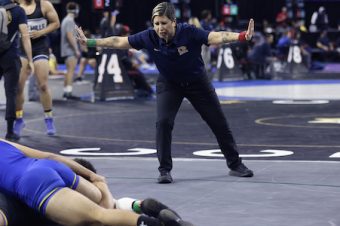
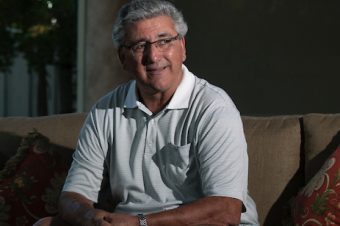
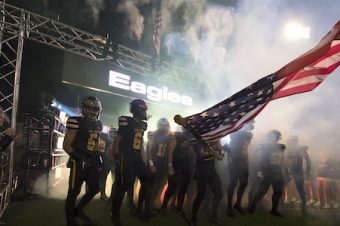

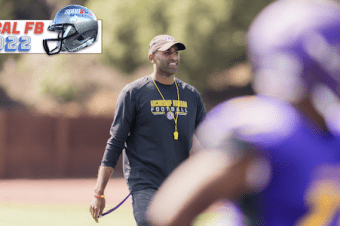
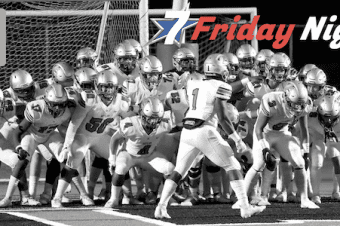
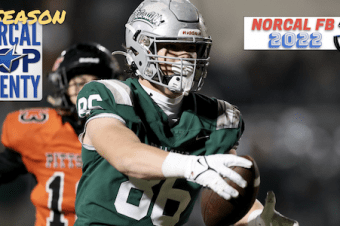
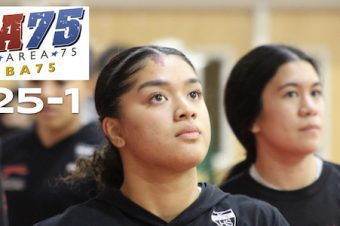

No comments so far.
Be first to leave comment below.